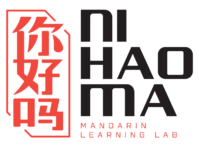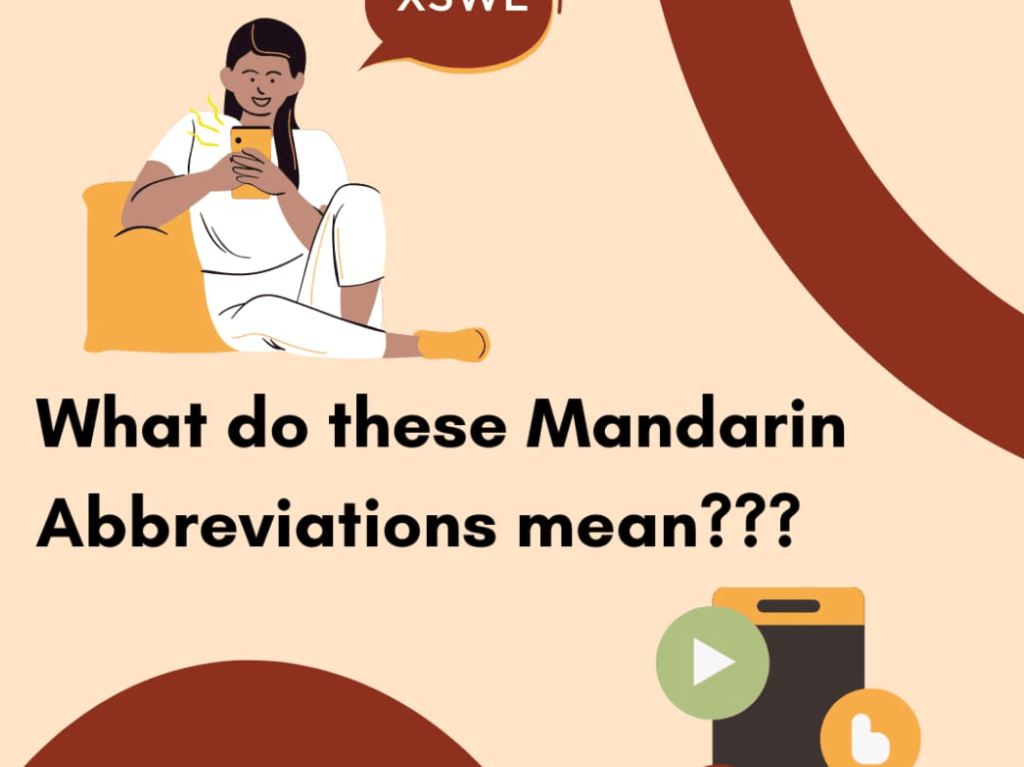Discover the beauty of yoga and meditation as you learn essential vocabulary in Mandarin. Our native teachers will guide you through conversations about yoga techniques, meditation methods, stress relief, flexibility, and focus in the Mandarin speaking skills.
To help you express yourself fluently, here are some Mandarin vocabulary words related to yoga and meditation that you can use during the class:
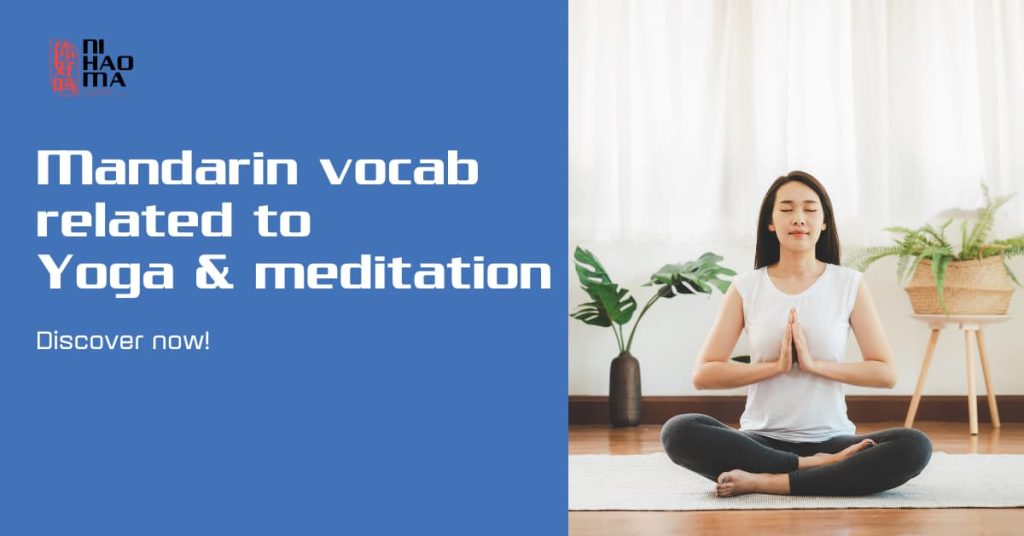
6 COMMON VOCABULARY ABOUT YOGA AND MEDITATION
1. 呼吸 (hū xī) – breathe:
Example: 深深地呼吸了一下。
(shēn shēn de hū xī le yī xià.)
Take a deep breath.
2. 吸气 (xī qì) – inhale
Example: 先吸气,然后呼气
(xiān xī qì, ránhòu hū qì.)
Inhale first, then exhaled
3. 呼气 (hū qì) – exhale:
Example: 呼气的时候,要把所有杂念都呼出去。
(hū qì de shí hou, yào bǎ suǒ yǒu zá niàn dōu hū chū qù.)
When you exhale, let go of all your thoughts.
4. 练瑜伽 (liàn yú jiā) – practice yoga
Example: 我喜欢练瑜伽,因为它可以帮助我放松和平静。
(wǒ xǐhuān liàn yú jiā, yīnwèi tā kěyǐ bāngzhù wǒ fàngsōng hé píngjìng.)
I like to practice yoga because it helps me relax and be calm.
5. 冥想 (míng xiǎng) – meditation
Example: 我每天早上会冥想,这可以帮助我开始新的一天。
(wǒ měi tiān zǎo shang huì míngxiǎng, zhè kěyǐ bāngzhù wǒ kāi shǐ xīn de yī tiān.)
Imeditates every morning, this helps me start my day off right.
6. 身心 (shēn xīn) – mind and body
Example: 我们要照顾好我们的身心健康。
(wǒ men yào zhàogù hǎo wǒ men de shēn xīn jiànkāng.)
We need to take care of our mind and body health.
Basic Yoga Poses
- Tadasana (山式 shān shì): Mountain pose
Alignment: Stand tall with feet together, arms by your sides. Engage your core and legs.
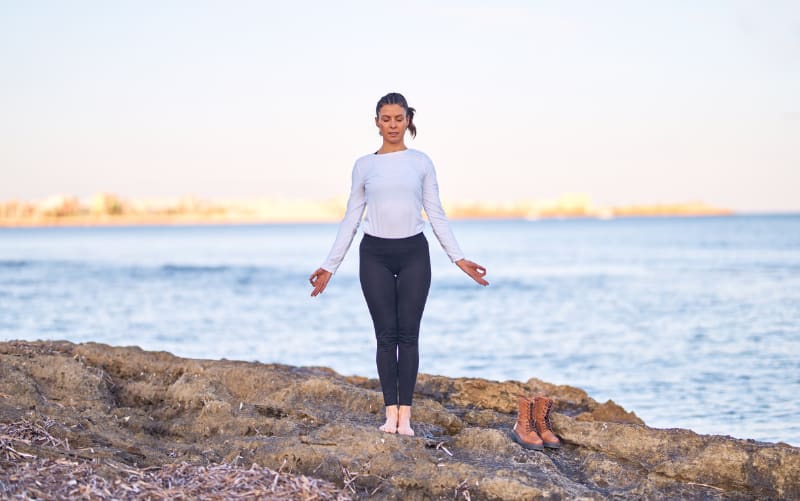
- Virabhadrasana I (戰士一式 zhàn shì yī shì): Warrior I pose
Alignment: Step your right foot forward into a lunge, angle your right foot outward, and extend your arms overhead.
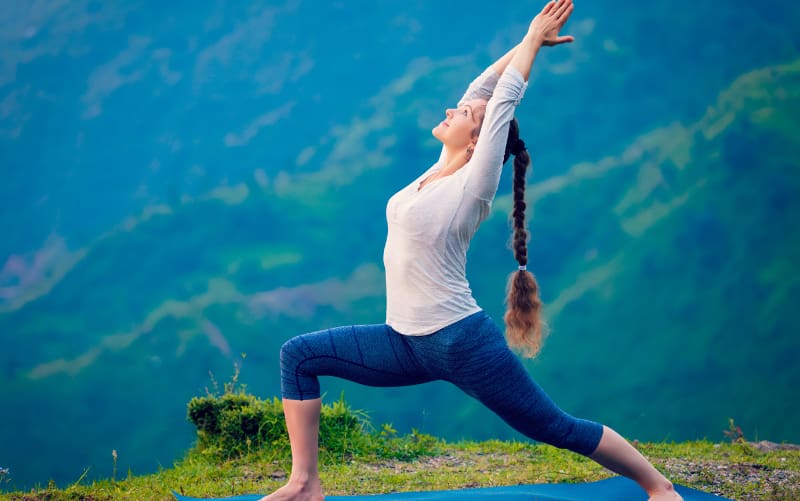
- Trikonasana (三角式 sān jiǎo shì): Triangle pose
Alignment: Step your right foot back into a wide stance, turn your right foot outward, and extend your right arm toward the floor. Reach your left arm overhead.
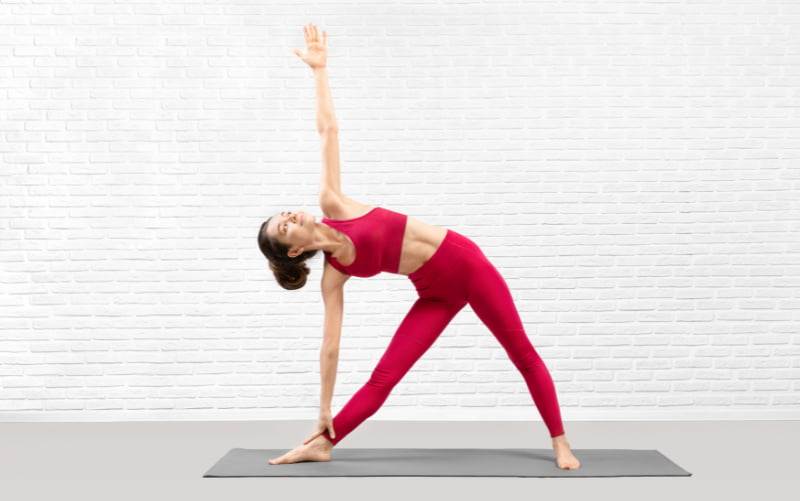
- Chaturanga Dandasana (四柱支撑式 sì zhù zhī chēng shì): Four-limbed staff pose
Alignment: From a plank position, lower your body until your elbows are directly under your shoulders. Keep your body straight.
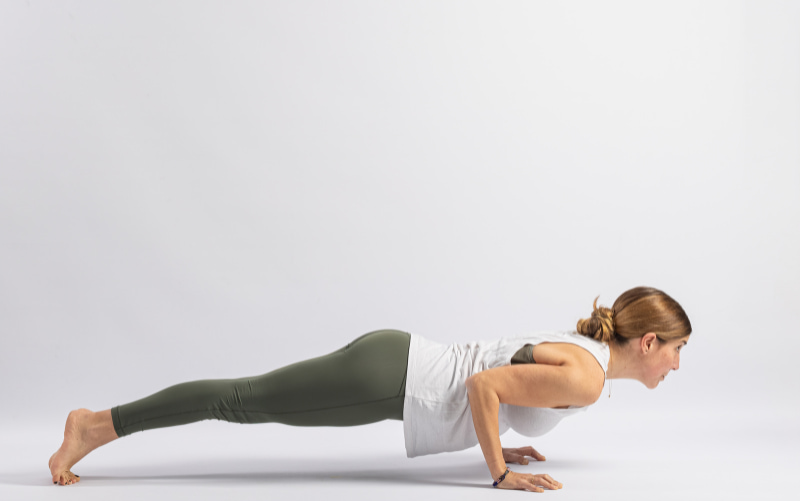
- Adho Mukha Svanasana (下犬式 xià quǎn shì): Downward dog pose
Alignment: Start on your hands and knees, lift your hips up and back, forming an inverted V-shape. Press your hands into the mat and ground your feet.
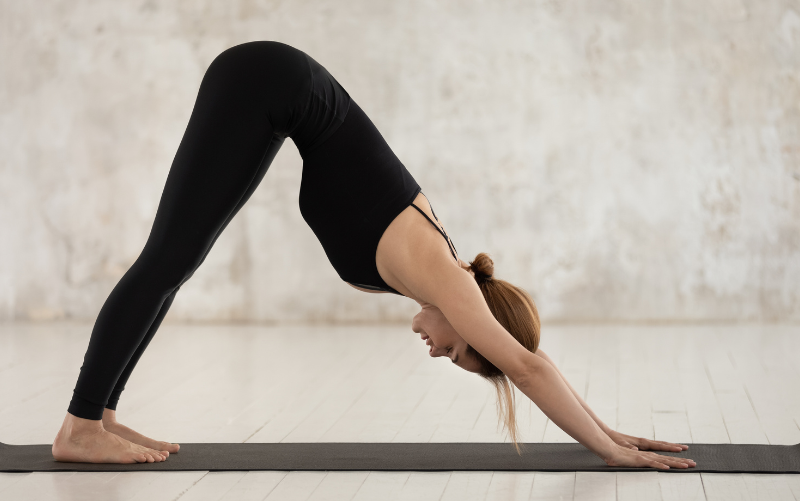
Vocabulary of popular forms of Meditation
Chán (禪)
- Meaning: Zen meditation, a school of Mahayana Buddhism emphasizing seated meditation.
- Key principles: Mindfulness, non-judgment, and enlightenment.
- Practices: Zazen, koan, and zazenkai (Zen retreats).
Qigong (氣功 qì gōng)
- Meaning: A system of coordinated body posture and movement, breathing, and meditation used for self-cultivation and healing.
- Focus: Harmonizing the flow of qi (vital energy) through the body.
- Practices: Standing meditation, tai chi, and qigong exercises.
Jingzuo (靜坐 jìng zuò)
- Meaning: Silent sitting, a form of meditation emphasizing stillness and concentration.
- Key principles: Mindfulness, awareness, and non-judgment.
- Practices: Focusing on the breath, body sensations, or a mantra.
Zazen (坐禪 zuò chán)
- Meaning: Seated Zen meditation, a core practice in Zen Buddhism.
- Key principles: Mindfulness, non-judgment, and enlightenment.
- Practices: Sitting upright in a zazen posture, focusing on the breath, and cultivating awareness of the present moment.
Connversation Example about Yoga
Situation 1: Before the yoga class starts
- Teacher: 大家好!今天我们主要练习平衡的体式。请大家准备好瑜伽垫和水。/ Dà jiā hǎo! Jīntiān wǒmen zhǔyào liànxí pínghéng de tǐshì. Qǐng dàjiā zhǔnbèi yógā diàn hé shuǐ. / Hello everyone! Today we will mainly practice balancing poses. Please have your yoga mats and water ready.
- Student: 我是新手,有简单的体式吗?/ Wǒ shì xīn shǒu, yǒu jiǎndān de tǐshì ma? / I’m a beginner, are there any simple poses?
- Teacher: 当然有!我们先做一些简单的热身动作。/ Dāngrán yǒu! Wǒmen xiān zuò yīxiē jiǎndān de rèshēn dòngzuò. / Of course! We’ll start with some simple warm-up movements.
Situation 2: During the yoga practice
- Teacher: 吸气,手臂向上伸展。呼气,身体向前弯曲。/ Xī qì, shǒubì xiàng shàng shēnzhǎn. Hū qì, shēntǐ xiàng qián wānqū. / Inhale, extend your arms upward. Exhale, bend forward.
- Student: 我感觉腰有点疼。/ Wǒ gǎnjué yāo yǒu diǎn téng. / I feel a little pain in my lower back.
- Teacher: 如果感到疼痛,可以休息一下。/ Rúguǒ gǎndào téngtòng, kěyǐ xiūxī yīxià. / If you feel any pain, you can take a rest.
Situation 3: After the yoga session
- Teacher: 大家辛苦了!今天感觉怎么样?/ Dàjiā xīnkǔ le! Jīntiān gǎnjué zěnmeyàng? / You’ve all worked hard! How do you feel today?
- Student: 我感觉很放松。/ Wǒ gǎnjué hěn fàngsōng. / I feel very relaxed.
Situation 4: Conversation between two friends
- A: 你最近在学瑜伽吗?/ Nǐ zuìjìn zài xué yógā ma? / Have you been practicing yoga lately?
- B: 对,我觉得瑜伽对身体和心灵都很好。/ Duì, wǒ juédé yógā duì shēntǐ hé xīnlíng dōu hěn hǎo. / Yes, I think yoga is very good for both the body and mind.
- A: 我也想试试,你知道哪里有好的瑜伽班吗?/ Wǒ yě xiǎng shìshì, nǐ zhīdào nǎlī yǒu hǎo de yógā bān ma? / I want to try it too, do you know where there’s a good yoga class?
Conclusion
Join our online speaking class and gain fluency in Mandarin. Expand your language skills and connect with a community of like-minded individuals. The speaking class is specifically designed to help intermediate learners gain fluency, confidence, and reflex in the Mandarin language. Whether you want to brush up on your conversation skills or simply practice speaking Mandarin in a supportive environment, this class is perfect for you!
Don’t miss out on the opportunity to join us and start practicing your Mandarin speaking skills today with our native teachers. Embrace the beauty of the language while exploring the world of yoga and meditation. Sign up now and unlock the doors to fluency and self-expression in Mandarin!
Experience the joy of learning Mandarin, and let it become a transformative part of your journey.
